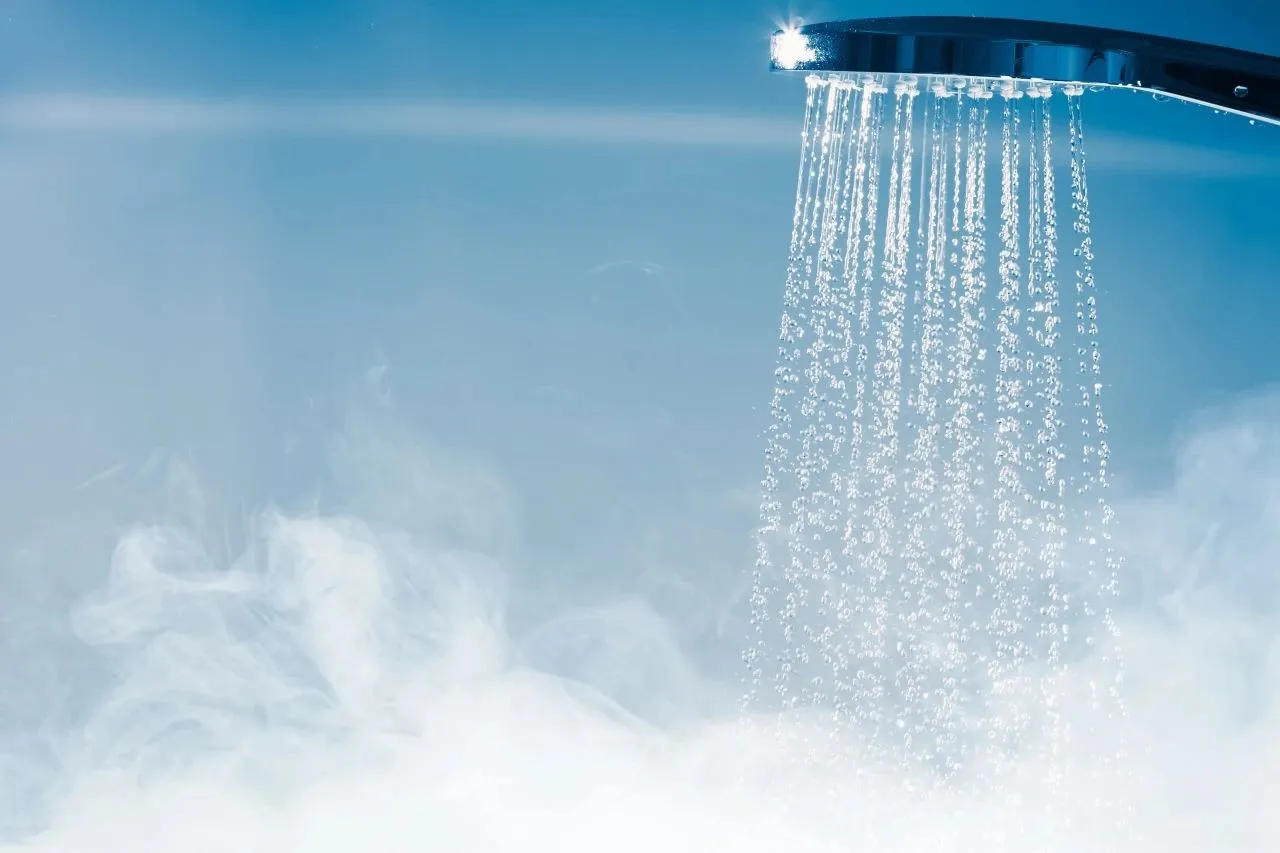
Why Does 37°C Bath Water Feel Cool but 37°C Air Feels Unbearable?
Discover why 37°C bath water feels refreshing while 37°C air feels unbearable, and get tips to stay cool this summer.
“It’s so hot, I feel like I’m melting!” Eric Lee exclaimed as he entered the house, drenched in sweat.
“It’s 37 degrees out today, no wonder you’re feeling the heat,” his mom said, glancing at the weather report. “Go take a shower before dinner!” his dad suggested, ushering him into the bathroom.
A few minutes later, Eric poked his head out of the bathroom, “Mom, can you turn up the water temperature? It feels too cool!” Surprised, his mom checked the heater, “Well, the water is exactly 37 degrees!”
Why does 37°C water feel refreshing while 37°C air is unbearable? Let’s unravel this mystery.
1. Hot or Not?
Unlike cold-blooded animals like frogs, turtles, and snakes, humans are warm-blooded creatures. Our bodies constantly generate and dissipate heat to maintain a stable internal temperature, around 36°C to 37°C.
The surface temperature sensors on our skin relay temperature information to the hypothalamus, our body’s thermostat, which decides whether to generate or release heat. Thus, “hot or not” is a subjective feeling influenced by:
- The temperature difference between the skin and the environment.
- The efficiency of heat dissipation.
Generally, our core body temperature is around 36.5°C, and skin temperature is about 30°C to 33°C. So, whether it’s 37°C air or water, it’s “hot” for our skin. Here, heat dissipation efficiency plays a crucial role.
2. Water vs. Air: Who Cools Better?
Under normal circumstances, our body dissipates heat through blood circulation, respiration, and sweating. When we’re not bathing, our skin is exposed to air; while bathing, it’s exposed to water.
Which medium cools better? Physics tells us that denser materials conduct heat more efficiently. Water, being denser than air, has a higher thermal conductivity (0.60 W/m·K) compared to air (0.026 W/m·K). This means water absorbs and removes body heat faster than air, making us feel cooler.
3. Air Temperature vs. “Feels Like” Temperature
Weather forecasts often include indices like clothing, air conditioning, and sun protection recommendations because how hot we feel isn’t solely determined by air temperature but by the “feels-like” temperature. Factors influencing this include humidity, wind, sunlight, clothing, emotions, and physical condition.
In high humidity, the “feels-like” temperature rises (think of the “big steamer” days in the South). Without wind, it feels hotter (handheld fans become essential). Direct sunlight increases the “feels-like” temperature too. Under such conditions, even a 37°C air temperature can feel like over 40°C or even 45°C!
4. Showers Make It Cooler

Heat always transfers from hot to cold objects. When the air is 37°C, which is hotter than our skin, our body absorbs heat from the environment, making us feel hotter. Despite efforts to cool down through sweating, air’s poor heat conduction doesn’t help much.
Conversely, a 37°C bath feels comfortable because the water quickly warms our skin to the same temperature. Using 37°C water to shower is even better because the flowing water continues to absorb body heat, leaving us feeling cool.
Plus, no clothes while showering enhances heat dissipation.
5. Ideal Bath Water Temperature
Due to water’s high heat transfer efficiency, excessively hot water can cause burns. Adults should keep bath water below 42°C, while for infants, it should be no more than 37°C to 38°C to protect their delicate skin.
Lastly, here are some tips to stay cool and prevent heatstroke:
- Drink plenty of water and replenish salts and minerals; sip frequently rather than gulping.
- Wear lightweight, breathable, and loose clothing when outside, and apply sunscreen.
- Avoid prolonged exposure to heat and refrain from intense activities under the sun.
- Seek shade, rest, and hydrate if you feel tired, dizzy, or nauseous.
- If experiencing rapid heartbeat, chest tightness, or confusion, stop all activities and seek medical help immediately.
Share these tips and help everyone enjoy a cool summer!

